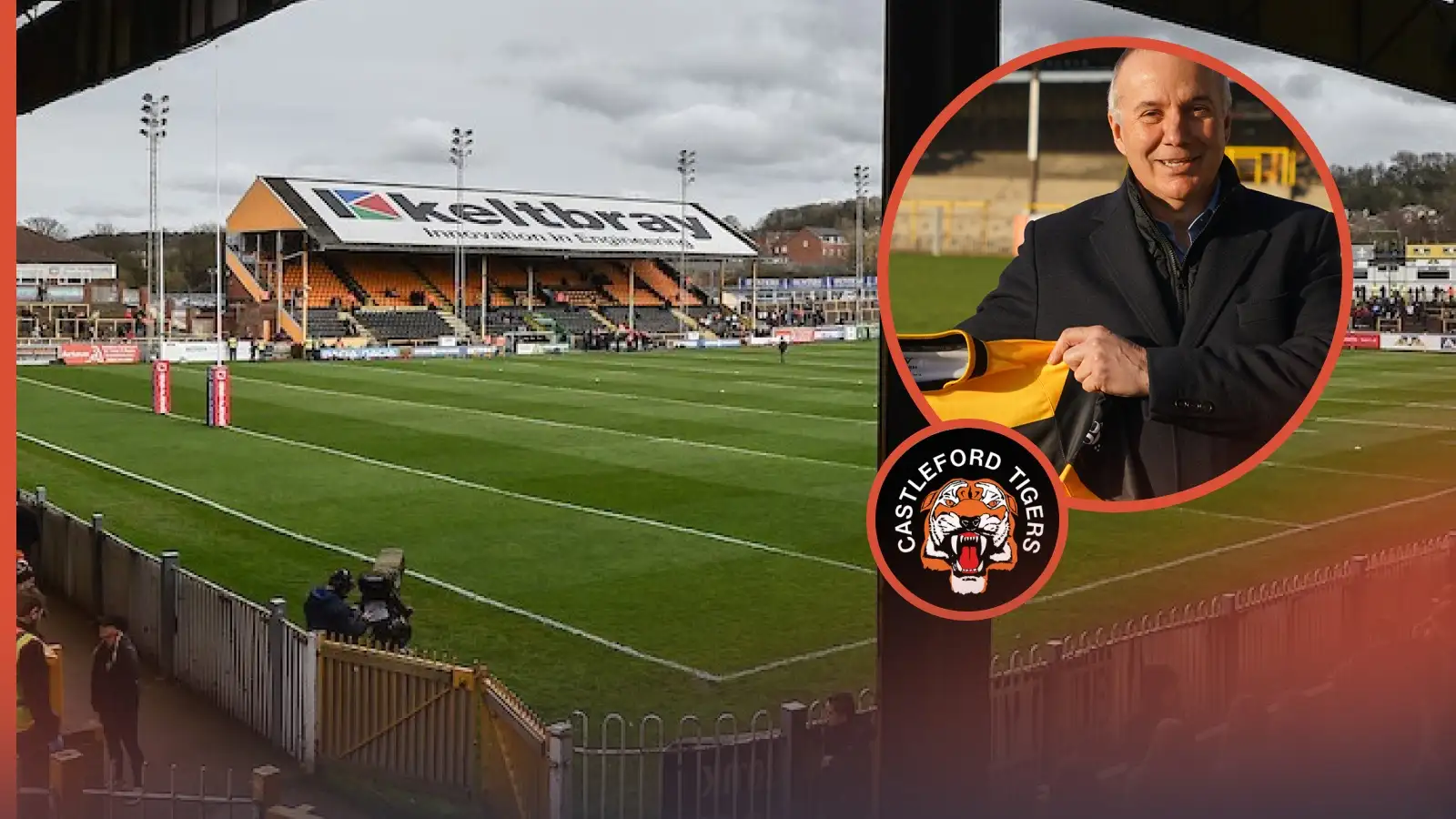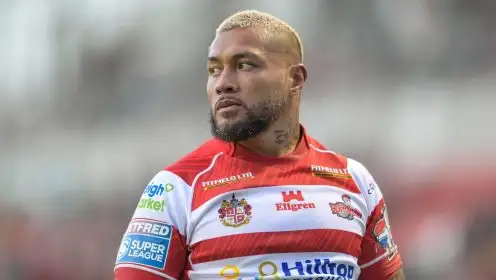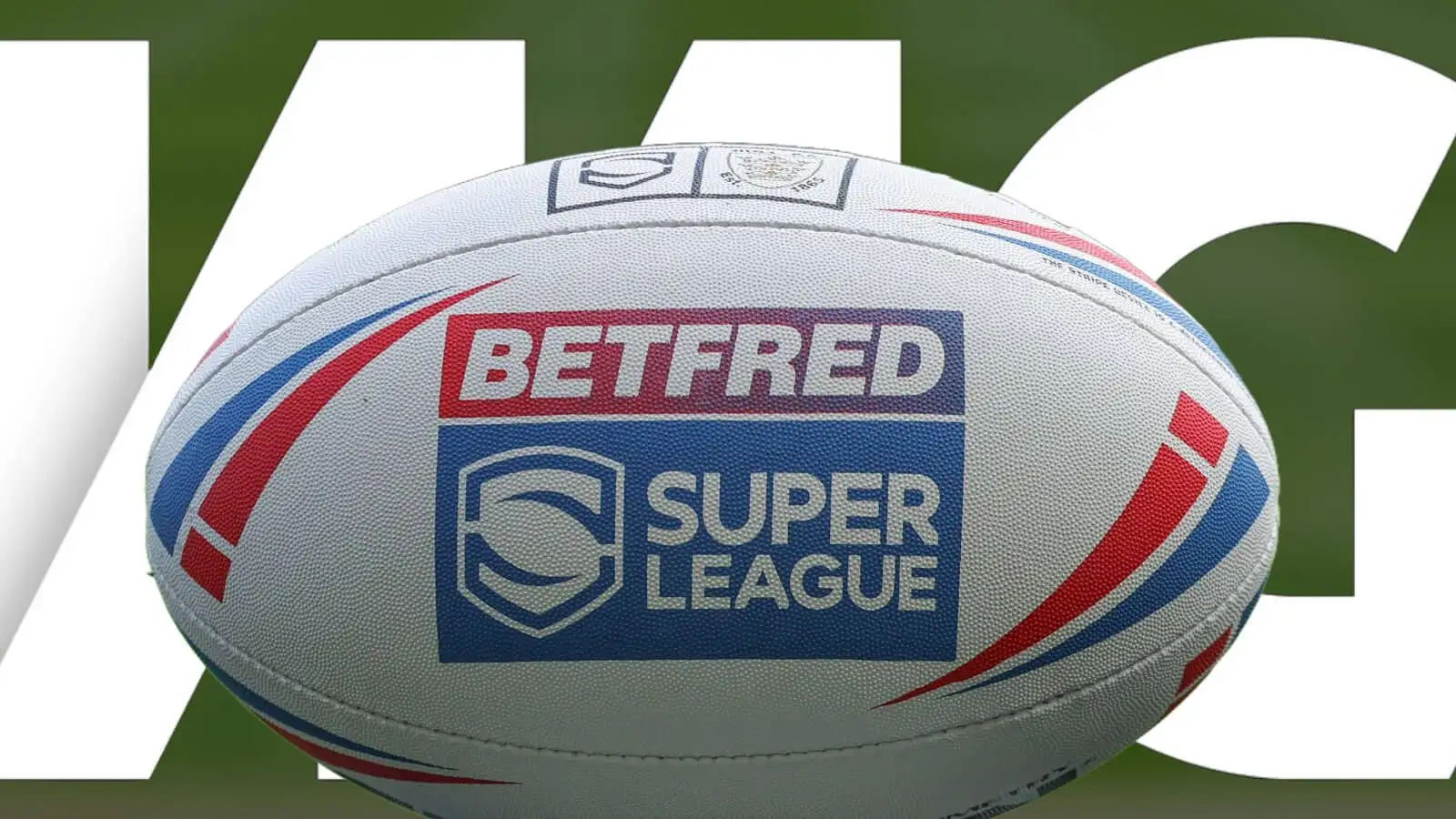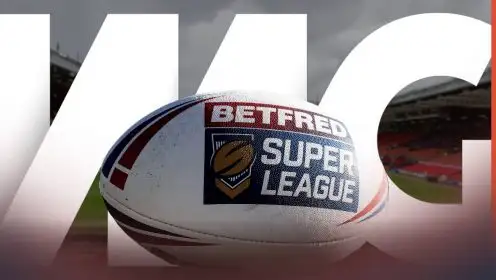‘Fake expansion’ and ‘spreadsheet grading’ will ‘kill’ rugby league
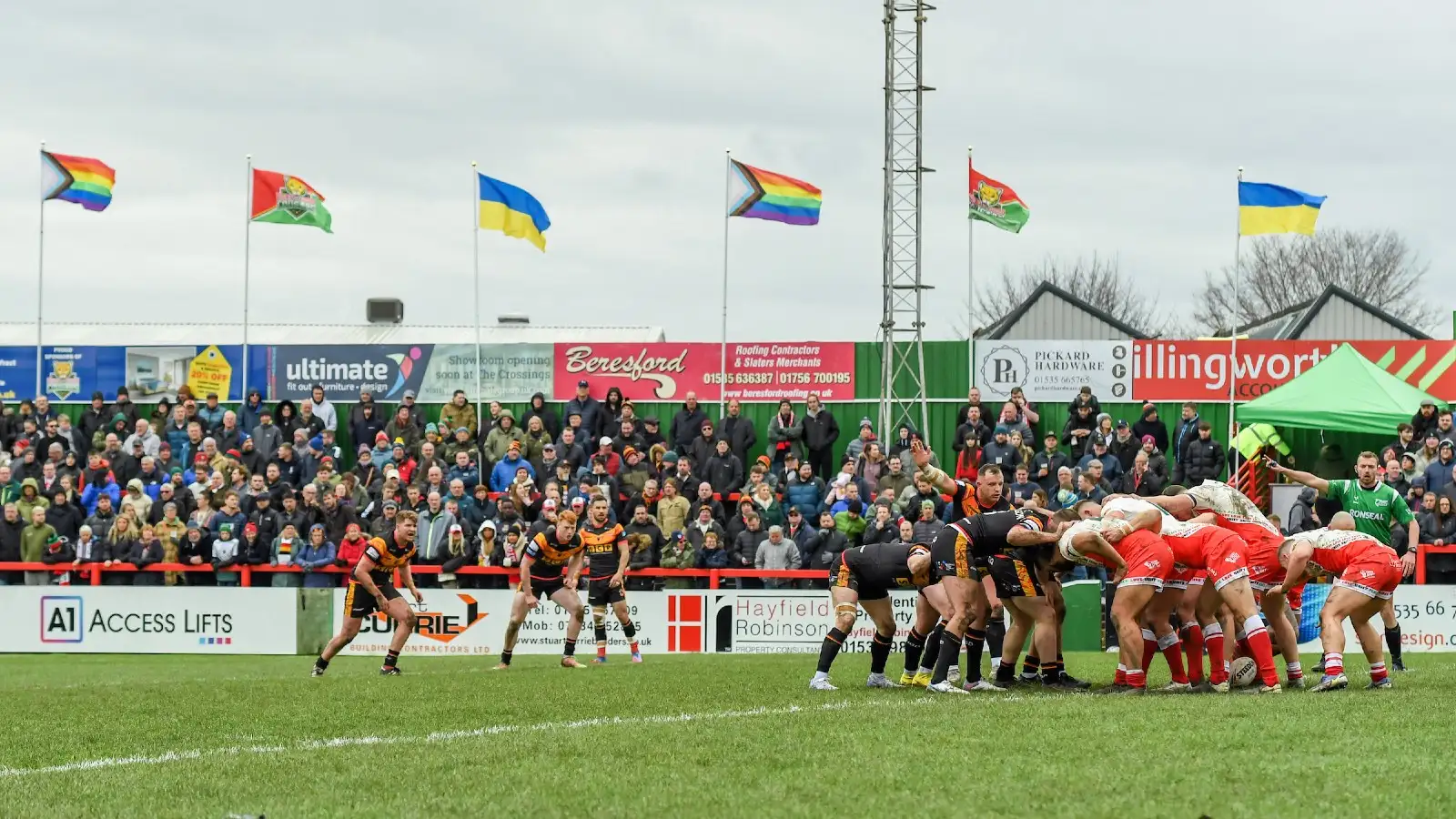
Picture by Olly Hassell/SWpix.com
It wouldn’t be a rugby league revolution without public shows of discontent, and the start of IMG’s 12-year strategy plan is no different.
Whether it be the number of teams, the finances on offer or the presence of promotion and relegation, there is always someone, somewhere not happy.
Leading the noise in opposition to IMG’s previously published proposals for their new “grading” model for Super League is Keighley.
After handing out a dossier to the assembled press at the IMG announcement, Keighley co-owners Ryan O’Neill and Kaue Garcia met with RFL chairman Simon Johnson in London to discuss their concerns.
Those concerns have now made it to Parliament, with Keighley’s Conservative MP Robbie Moore and Labour candidate John Grogan offering their support to the Cougars.
A club spokesperson said: “Robbie Moore MP arranged for Cougars owners Ryan O’Neill and Kaue Garcia to meet with the Sports Minister, Rt Hon Stuart Andrew MP, where the Cougars were given an opportunity to share their concerns with government.
“In a weekend where Cougar Park was packed to the rafters for the Keighley v Bradford derby, there was no presence from IMG nor the RFL.
“Rugby League can grow, if we focus, support, market, and build on our own turf.
“We believe fake expansion, spreadsheet grading, and arrogant elitism will kill the sport.”
Keighley owners outline their opposition to IMG proposals
While there has been some concern over the bad press created by Keighley’s comments, it is thought some other clubs are now starting to question some of the proposals.
The key moment is likely to come next month, when a meeting of clubs will see them vote to approve IMG’s proposals. If those plans are thrown out, then IMG would likely walk away.
Keighley made the most of their biggest game of the season, attracting a crowd of 4,793 against rivals Bradford, and they delivered with a stunning 34-6 victory.
Thank you once again for coming out in numbers. You really made the difference. pic.twitter.com/DJfzdCPzlA
— Keighley Cougars (@Cougarmania) March 28, 2023
That attendance was greater than the 4,684 Thursday night crowd that saw Huddersfield take on world champions St Helens in Super League at the John Smith’s Stadium.
Although the Sky Sports cameras were present, it could be shown as an example of how investment alone doesn’t guarantee growth, particularly if misplaced.
One of Garcia and O’Neill’s suggestions was to reduce the funding handed out to Super League clubs, and instead use it to market the game as a whole.
O’Neill told a recent episode of the Forty20 live podcast: “The fundamental problem with rugby league at the moment is marketing. I don’t think it even has a marketing department.
“My proposal to Simon (Johnson) was ‘you’re giving all this money to the clubs, the Super League clubs. You’re giving them £1.5 million a year which is literally going down the drain.’
“It’s not helping the sport at all.
“Keep some of that back, build an incredible marketing department and create regional marketing divisions.
“Marketing is a science. If you have the right people with the right brains and the funding behind it, you can then start to create something.”
IMG’s five key grading areas
- Fandom (25%): encouraging clubs to attract more fans in stadia, at home and digitally, and to improve fan engagement, contributing to both club and central revenues.
- Performance (25%): incentivising clubs to perform on the field and drive fan awareness and engagement. Teams will be ranked between 1 and 36 based on where they finish in the leagues for the previous three seasons. Bonus points will be awarded to teams who win league and cup competitions in the previous season.
- Finances (25%): reflecting the success of fan engagement and business performance; and rewarding sustainable investment, as well as diversified revenue streams and sound financial management.
- Stadium (15%): based on a number of factors, including facilities and utilisation, which add value to the fan and broadcast or digital viewer experience, and match or exceed competition from other sports and events.
- Catchment (10%): based on area population and the number of clubs in the area, with a view to maximising growth of the sport in the largest markets to generate new fan bases and incentivise investment.
MORE: IMG reveal grading criteria with five key areas highlighted
London is a ‘vanity project’
They also waded in one the failures of London Broncos, with IMG having previously stated London as a key market for rugby league growth.
Garcia’s suggestion was that London as a name was too broad, and that instead the game should look at creating teams that represents local areas, such as their own neighbourhood Soho.
Garcia said: “We think London is a vanity project. Everyone thinks the solution to increasing the sports attendance and exposure is touching the capital, because you have nine million.
“If you plonk a team here in London, everybody will simply convert and become rugby league addicts and it has been proven the last 20 years, that it does not work.
“The solution would be create a competition down south, and let London organically grow.
“All of the money that Sky have given these clubs, especially in Super League, where has it all gone? Because you go to some of the places, and it’s decrepid. The standards were there, but they were not enforced.
“Yes the sport needs to change, it needs radical reform, but it’s got to be reformed the right way. We just feel that these proposals aren’t the right way to go about it.”
READ NEXT: Club calls for IMG to consider 2-up, 2-down relegation proposal
